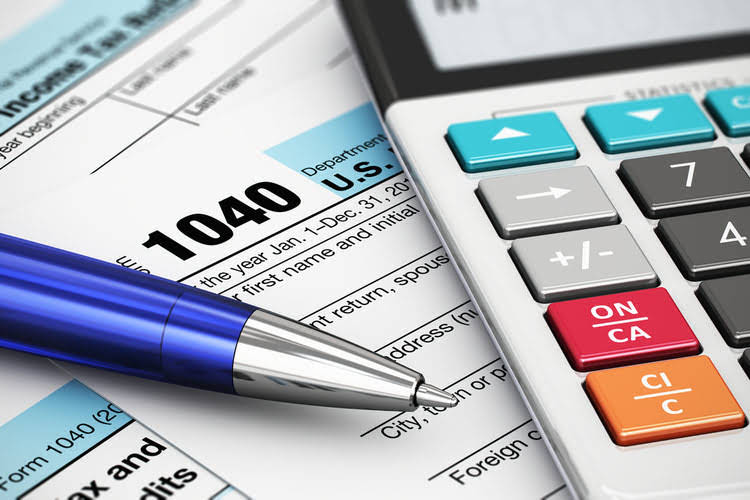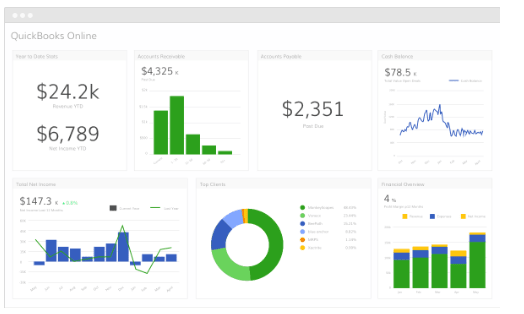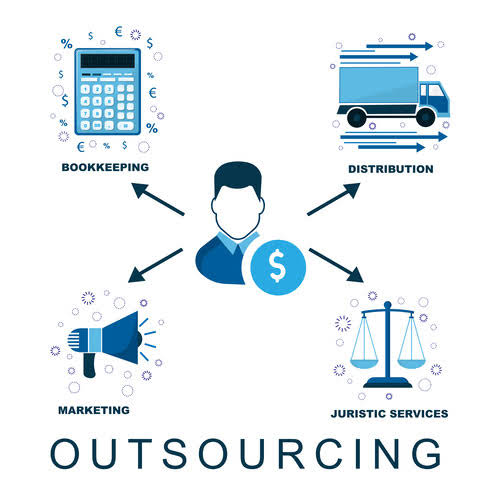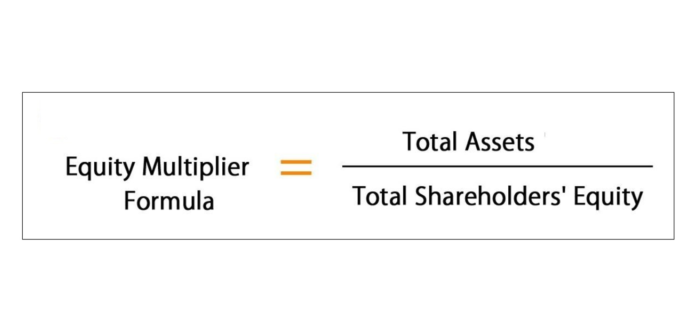
This breadth allows them to provide comprehensive financial services. CPAs are uniquely authorized to perform audits, reviews, and compilations of financial statements, which is a core competency and legal authorization unique to them. Businesses often require these services for lending, regulatory compliance, or investor relations. Importantly, CPAs have full representation rights before the IRS concerning any tax matter, regardless of whether they prepared the original return. Most tax preparers focus primarily on preparing and filing tax returns. They typically stay up-to-date with tax code changes and can help identify potential deductions and credits.
Scope of Services
A CPA may offer a similar guarantee, to provide similar results, but again – at a cost that may be much higher. According to the IRS, it takes approximately eight to 13 hours to complete an individual tax return, while business returns can take an average of 24 hours. Freeing up this time (and removing the accompanying frustration) by relying on a CPA to complete your returns allows business owners to focus on their core business competencies instead. Preparer tax identification number holders have earned their PTIN and provide tax preparation services. They’re not credentialed and cannot represent clients before the IRS.
- Managing finances can be a complex task, whether you’re an individual preparing taxes or a business managing accounts.
- So the next time you sit down to gather your tax documents, remember the hardworking tax preparers who are there to guide you through the process.
- They can make sure that you follow the rules and don’t miss anything.
- Once the calendar flips to a new year (and you’ve barely had a chance to recover from the busy holiday season), Uncle Sam will come knocking at your door to get his share of your taxable income.
How CPAs Support Your Financial Life

If you find a non-credentialed tax preparer, you might still be well-served if your needs are essential. The important part is matching the professional’s qualifications to the complexity of your taxes. This article will dissect everything you need to know about whether to choose a CPA or a tax preparer. We’ll define each role, highlight the critical differences, and suggest the scenarios in which one might be more suitable.
CPA vs. Accountant vs. Tax Preparer

Both can prepare your tax return and help you identify tax credits and deductions that can increase your tax refund and/or lower your tax bill. Yes, CPAs typically charge higher fees due to their advanced skills and range of services. But the extra cost is often worth it for complex tax situations or if you need long-term planning. CPAs have the skills and knowledge to handle tax planning, financial analysis, legal compliance, and even representation in case of an IRS audit.
- The more varied and intricate your income streams, the more likely you need specialized expertise.
- This is because they are not likely to be audited by the IRS and usually may not need representation before it.
- However, not all “accountants near me for taxes” are created equal.
- The collaboration between CPAs and EAs at Massey and Company CPA allows for tailored solutions that meet the unique needs of each client.

Ah, the world of CPAs, where numbers and spreadsheets reign supreme. These financial wizards have gone through extensive education, training, and examination to earn the prestigious CPA designation. Think of them as the Avengers of the accounting world, equipped with superpowers in auditing, taxation, financial planning, and more. The best tax preparers are also lifelong learners, constantly Mental Health Billing seeking new knowledge and honing their skills. They attend seminars, workshops, and conferences to stay ahead of the curve and provide the best possible service to their clients.

She focuses her articles on stocks, personal finance, energy and cybersecurity. Her byline has appeared in national Accounting Periods and Methods business publications, including USA Today, CBS News, Yahoo Finance MSN Money, Bankrate, Kiplinger and Fox Business. She is a proud graduate of Purdue University and a lover of random acts of kindness, volunteering and cats and dogs.
CPA vs. Tax Preparer: Which Is the Best Choice for Your Business?
The CPA is the gold standard of accounting credentials, and many taxpayers prefer the sense of security the designation provides. CPAs may also be a better choice for individuals and businesses who seek a broader array of accounting services in addition to tax work. Many CPAs provide financial planning and consulting services and issue financial statements for their clients. So, if you’re looking for a trusted financial professional with a broader skillset and a deeper understanding of complex financial matters, a CPA might be the right choice for you. However, if you simply need assistance with the accurate preparation of your tax returns, a tax preparer can provide the necessary expertise.
Comparing the Qualifications: Tax Preparer vs CPA
A tax preparer is anyone who prepares tax returns for compensation. To do so, they must have a Preparer Tax Identification Number (PTIN) from the IRS. It does not imply any specific level of competence, education, or testing. While some tax preparers are highly experienced, the title itself doesn’t guarantee it. Ultimately, “accountants near me for taxes” can be a good search term, but verifying credentials is crucial. If you find a local CPA, you’ll likely get high-quality services and the advantage of area-specific knowledge.
Paying Your Kids Through Your Business: A Smart Tax Strategy for Families
But in general, a CPA is going to be able to serve all roles, and help you get to the next level. Unlike some other tax professionals, CPAs are licensed by individual State tax preparer vs cpa Boards of Accountancy. This means they must meet specific state requirements, which typically include a minimum amount of practical work experience (often one to two years under the supervision of a licensed CPA).




















